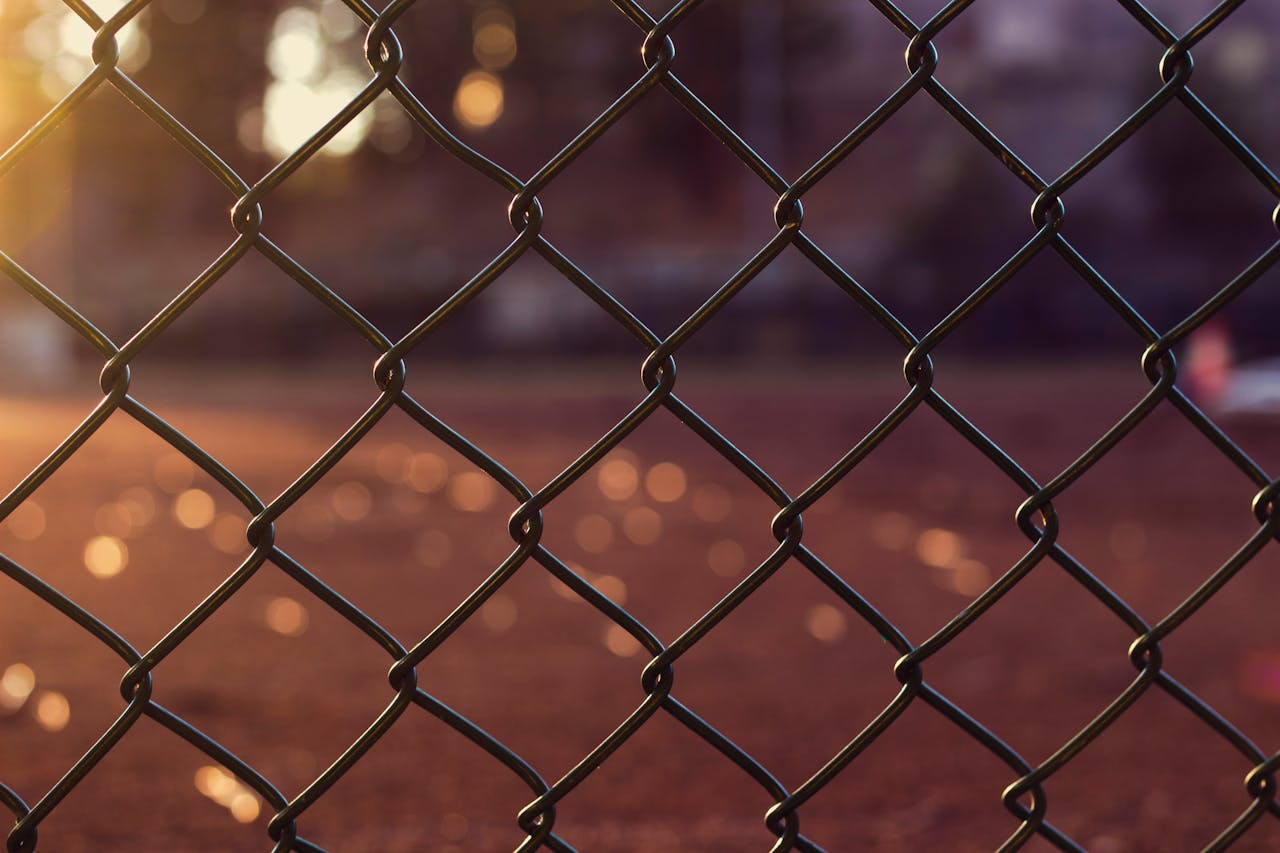Fencing might not be the first thing that comes to mind when thinking about business operations, but it’s more important than you might realize. Whether for security, aesthetics, or boundary marking, a well-maintained fence can play a crucial role in the success of your business. However, there are several common fencing issues that can cause problems if left unaddressed. In this post, we’ll explore these issues and provide valuable insights to help you maintain a functional and visually appealing fence.

The Importance of Choosing the Right Type of Fence
When selecting the appropriate type of fence for your business, it’s essential to consider various factors including the intended purpose, budget, and local climate. Different fencing materials, such as wood, vinyl, and metal, each offer distinct advantages that can align with your business needs. For example, if you’re operating a farm or an agricultural business, a sturdy treated timber fence may be ideal for keeping livestock secure or defining land boundaries. Additionally, when considering aesthetic elements, businesses in Waikato may benefit from fences that complement the surrounding natural beauty while providing sufficient security. Ultimately, evaluating these factors will help you determine the best fencing solution for your operational requirements.
Inadequate Fence Maintenance
Once you’ve chosen the right type of fence, maintaining it is equally important. Neglecting regular maintenance can lead to various issues, including structural damage and reduced effectiveness. Weather conditions, such as heavy rain, snow, or extreme heat, can take a toll on your fence over time. Regular inspections and timely repairs are crucial to ensure your fence remains in good condition. For instance, wooden fences require frequent sealing and staining to prevent rot and insect damage, while metal fences may need rust treatment and repainting. By investing time and effort into fence maintenance, you can prolong its lifespan and avoid costly replacements.
Insufficient Security Measures
A fence is often the first line of defense for a business, but it won’t be effective if it lacks proper security measures. Businesses in high-crime areas or those housing valuable assets should prioritize security when designing their fencing systems. Features like barbed wire, security cameras, and alarm systems can significantly enhance the protective function of your fence. Additionally, incorporating anti-climb measures such as spiked or curved tops can deter intruders. It’s essential to assess the specific security needs of your business and incorporate appropriate measures to ensure comprehensive protection.
Poor Installation Practices
Even the best fence materials can fail if not installed correctly. Poor installation practices can lead to various issues, including instability, gaps, and misalignment. These problems can compromise the fence’s effectiveness and create vulnerabilities that intruders can exploit. To avoid these issues, it’s crucial to hire experienced and reputable fencing contractors who follow industry standards and best practices. Proper installation ensures that your fence is sturdy, secure, and capable of withstanding environmental stressors.
Legal and Zoning Compliance
Before installing a fence, it’s essential to be aware of local regulations and zoning laws. Failing to comply with these rules can result in legal issues, fines, or even the removal of your fence. Different municipalities have varying regulations regarding fence height, materials, and placement. Additionally, certain areas may have specific requirements for commercial properties. It’s important to research and understand these regulations to ensure your fence meets all legal requirements. Consulting with local authorities or hiring professionals familiar with local codes can help you avoid potential legal pitfalls.
Environmental Impact
The environmental impact of your fencing choices is another important consideration. Certain materials, such as treated wood, can release harmful chemicals into the soil and water, affecting local ecosystems. Additionally, improper disposal of old fencing materials can contribute to pollution. Opting for environmentally friendly materials and practices can mitigate these impacts. For example, using sustainably sourced wood, recycled materials, or eco-friendly coatings can reduce the environmental footprint of your fence. Being mindful of the environmental impact not only benefits the planet but also enhances your business’s reputation as a responsible and sustainable entity.

While fencing might seem like a minor aspect of your business operations, overlooking common fencing issues can lead to significant problems. By choosing the right type of fence, maintaining it regularly, incorporating proper security measures, ensuring correct installation, complying with legal regulations, and considering the environmental impact, you can create a functional and visually appealing fence that supports your business’s success. Taking these steps will not only enhance the security and aesthetics of your property but also demonstrate your commitment to responsible business practices. If you’re unsure where to start, consulting with experts in the field can provide valuable guidance and ensure your fencing needs are met effectively.



